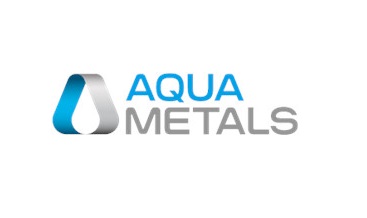Recovers all valuable materials from spent lithium batteries to begin generating revenues from recycling critical battery metals and materials this year

Aqua Metals, a pioneer in sustainable lithium-ion battery recycling, announced the successful completion of its groundbreaking Li AquaRefining recycling pilot, transition to 24/5 operations and production of high-purity, saleable quantities of sustainably recycled battery materials.
The company completed the pilot facility commissioning with the recovery of both cobalt and manganese dioxide, completing the suite of valuable metals (including high-purity lithium hydroxide, nickel, and copper) the company reclaims from spent lithium batteries using its patented AquaRefining technology.
Aqua Metals believes this advance makes it the first fully operational lithium battery recycler using advanced electro-hydrometallurgy - replacing polluting furnaces and intensive chemicals typical of recycling with electricity to separate the critical metals from spent lithium batteries.
“Completing commissioning and moving into 24/5 operations at our Li AquaRefining Pilot is a tremendous milestone for Aqua Metals and represents the future of sustainable lithium battery recycling in the US and beyond,” said Ben Taecker, Chief Engineering & Operations Officer at Aqua Metals. “Not only are we demonstrating the scalability of our solution, but also our significant advantages in recovery rates, emissions reductions, and worker safety compared to current battery recycling facilities.”
The Company has completed the pilot - from finalized design through to operations - in roughly eight months’ time, and with a transition to 24-hour operations, is scaling the pilot facility to a capacity of 75 tons per annum (tpa) of processed black mass input.
Based on the success of the pilot, the company also continues the simultaneous phased development and commissioning of its first commercial-scale facility, which was initiated earlier this year and is well underway. The first phase of Aqua Metals’ recycling campus will be designed to process 3,000tpa black mass, for which the company has secured both sufficient supply of black mass to reach scale and is in the process of finalizing off-take agreements for the recycled materials.
Subscribe to our newsletter & stay updated.